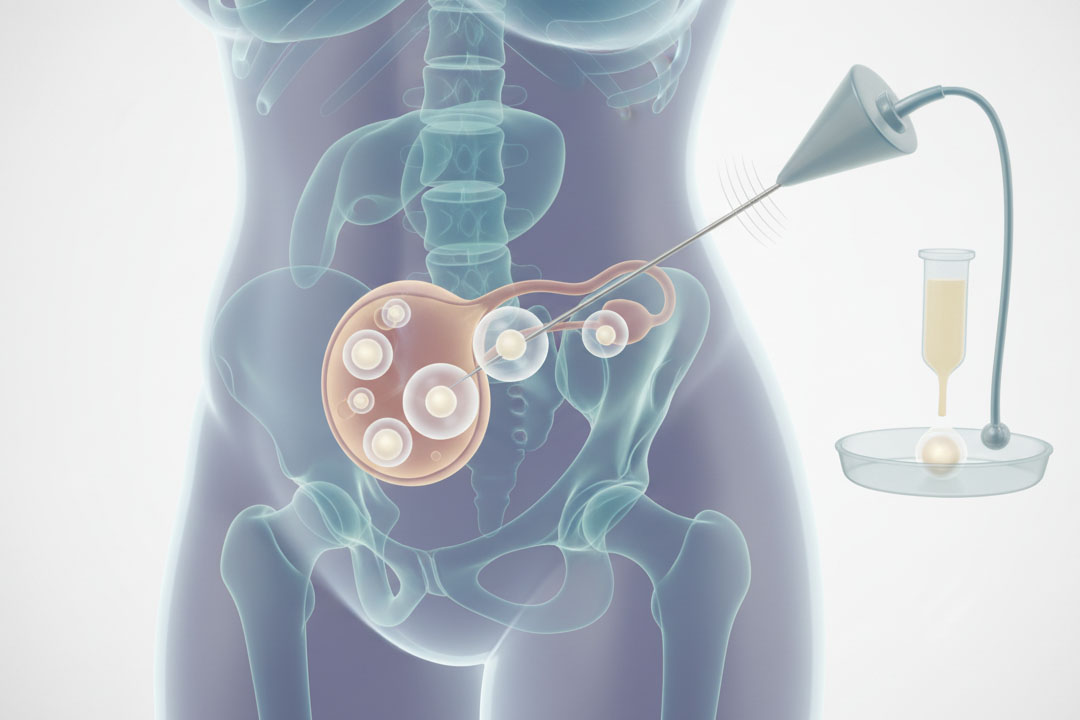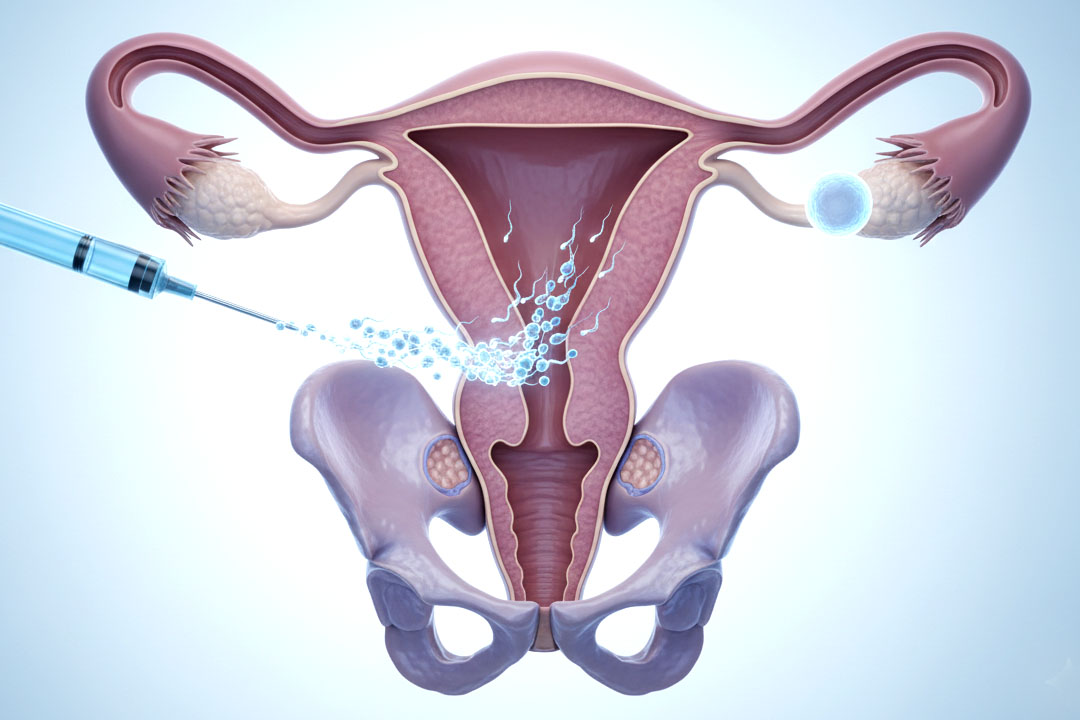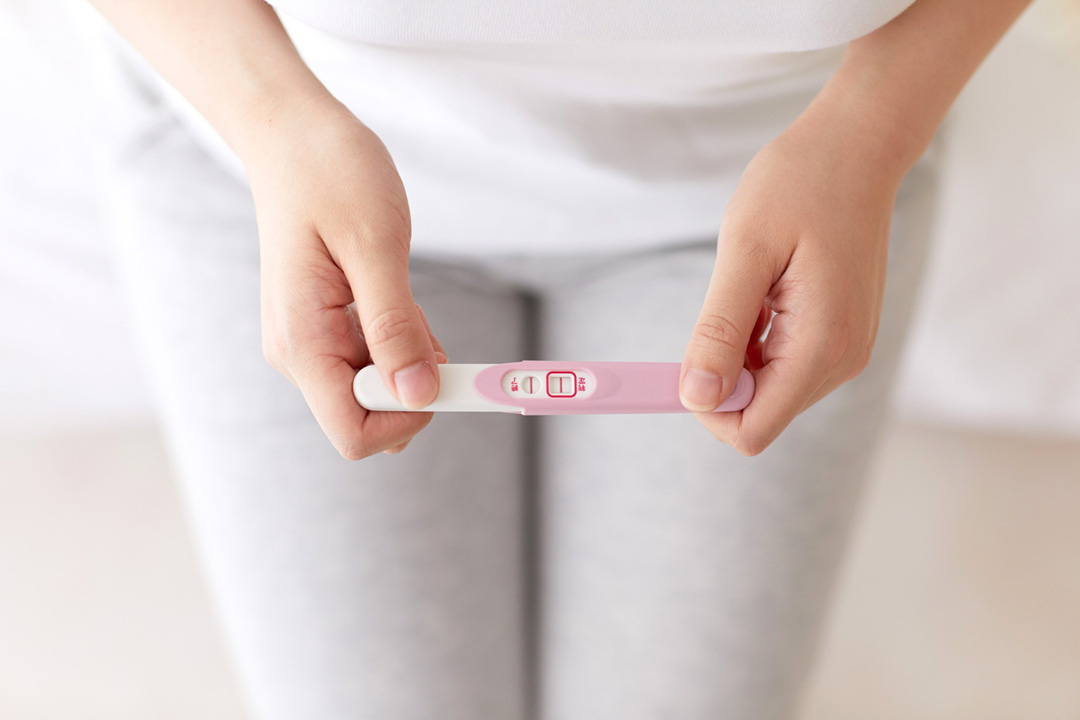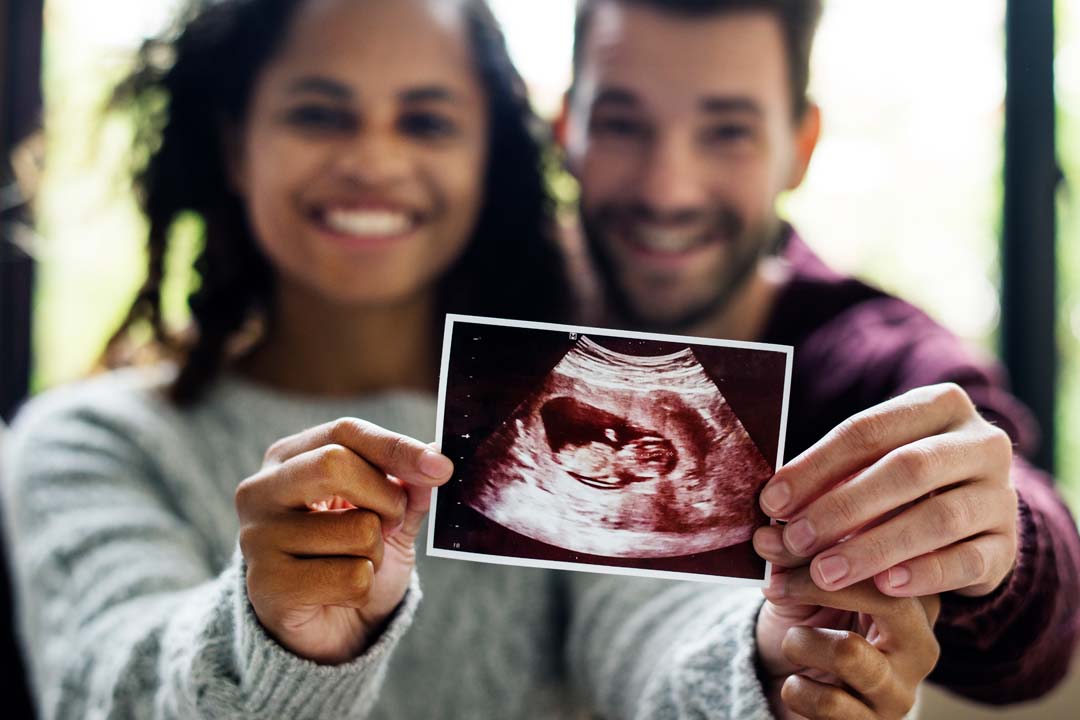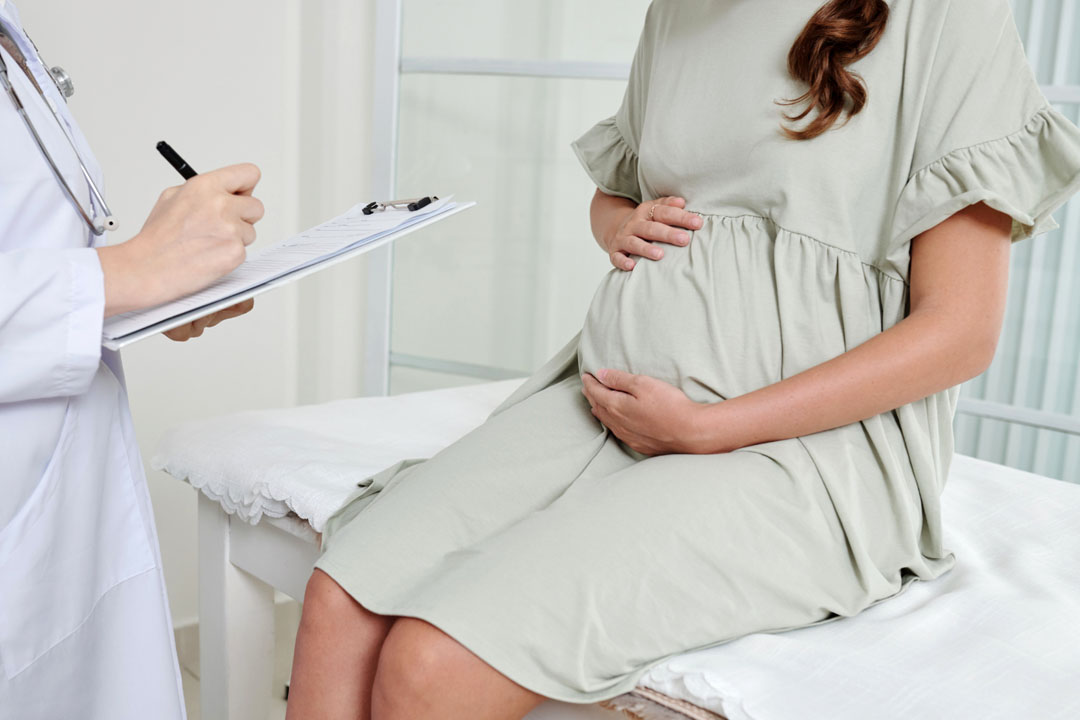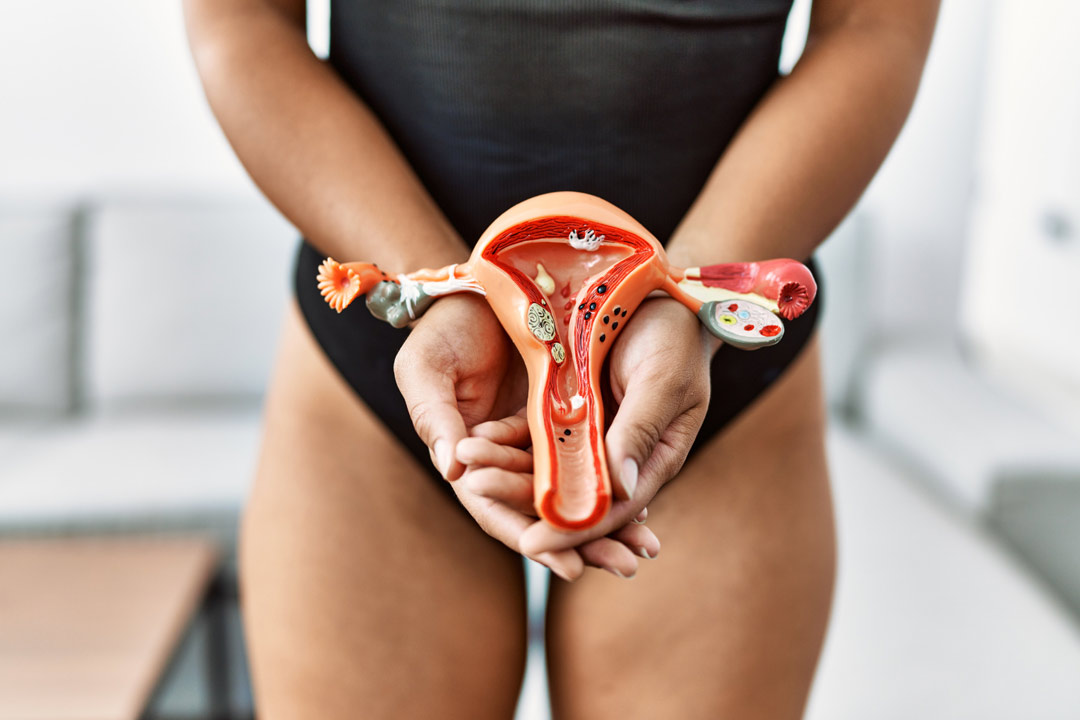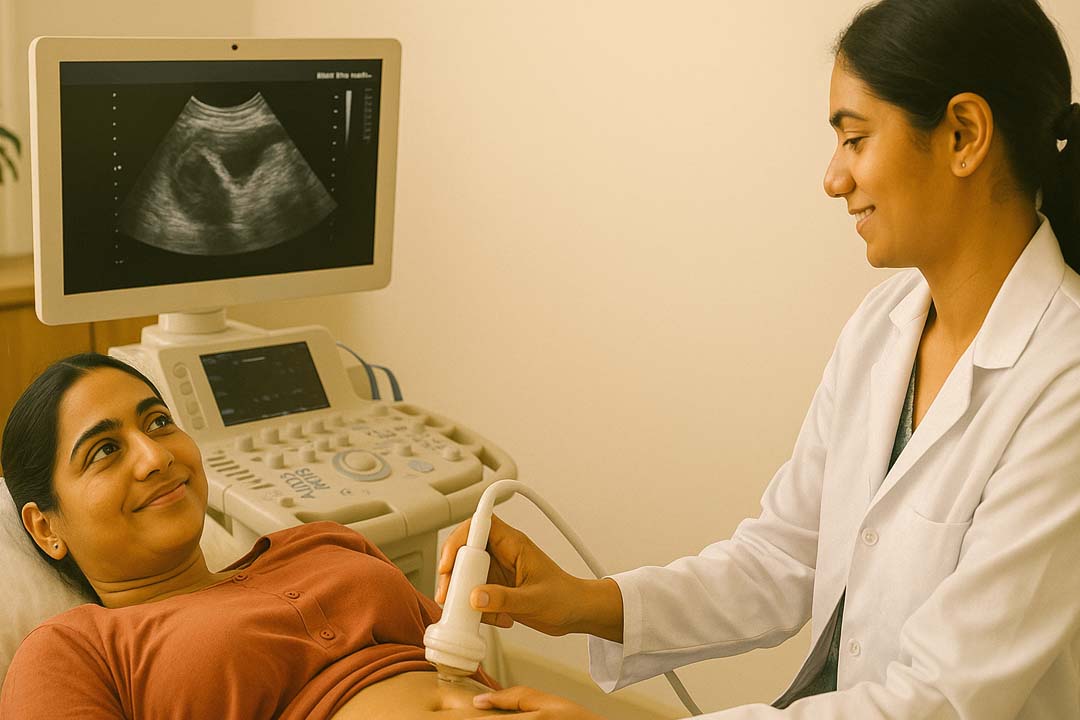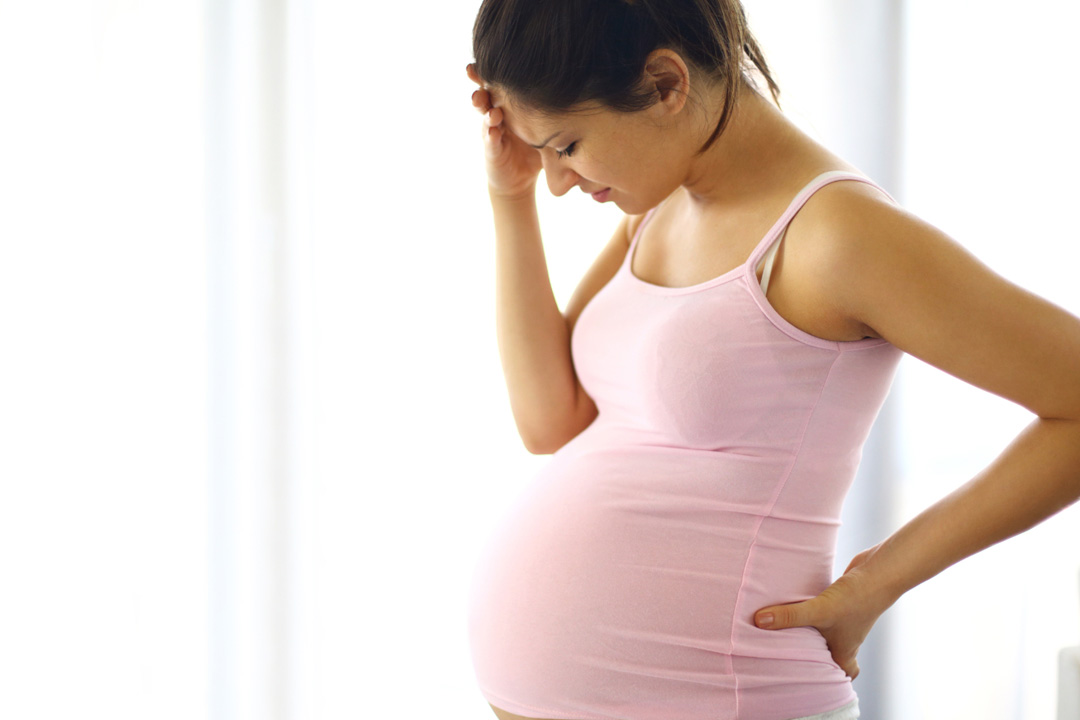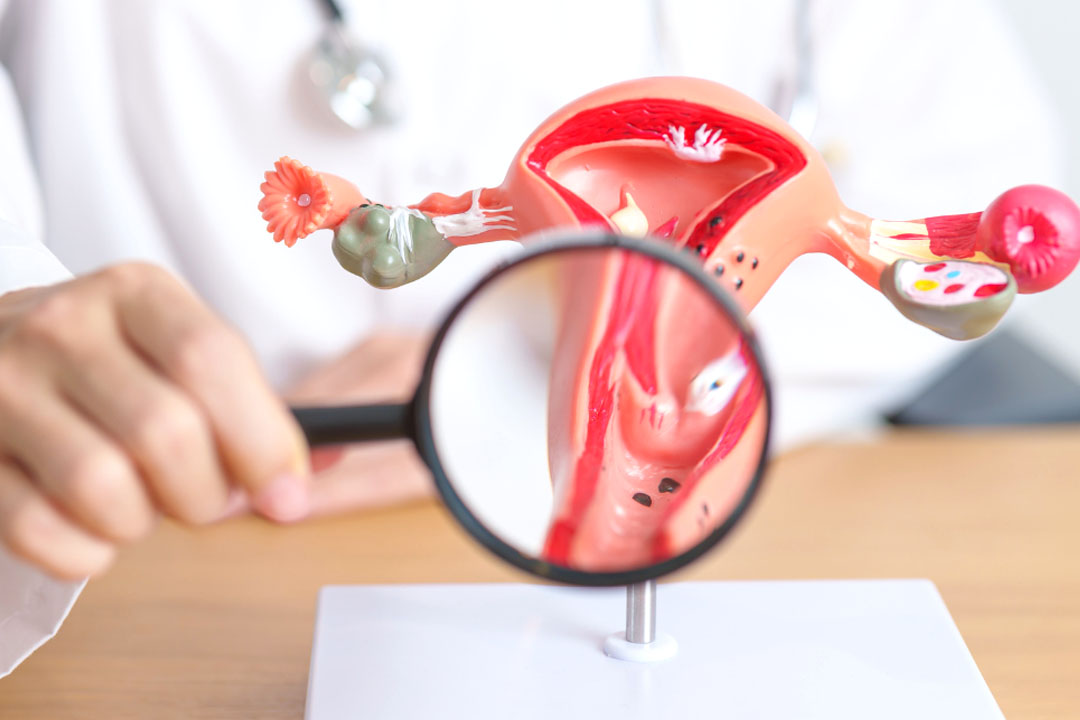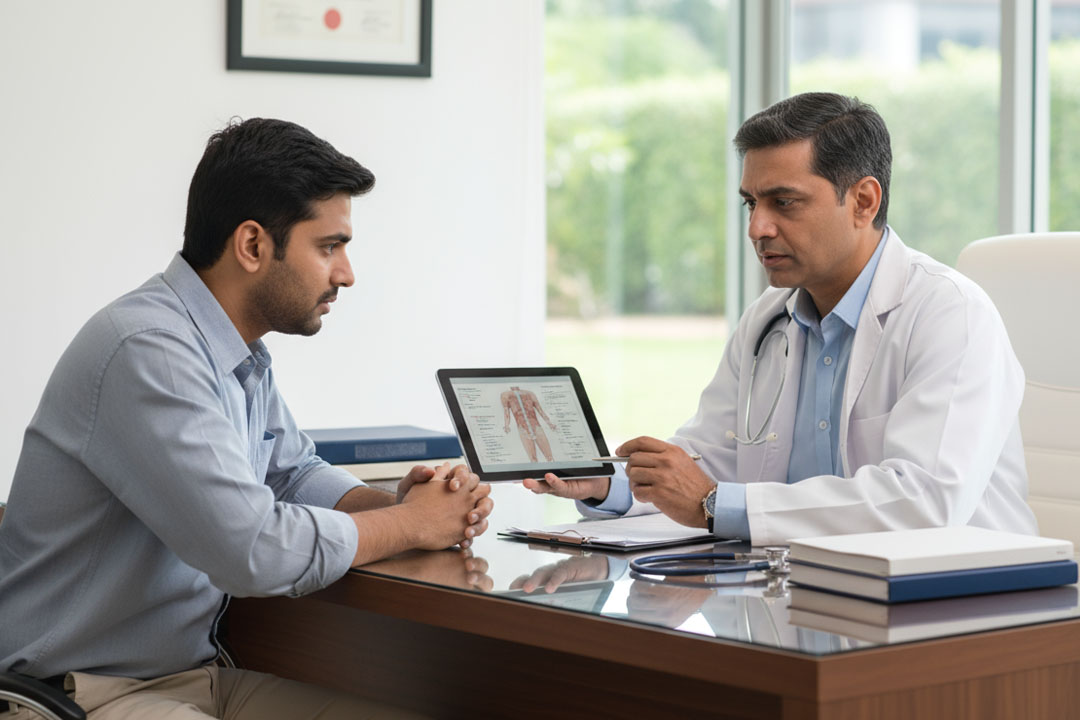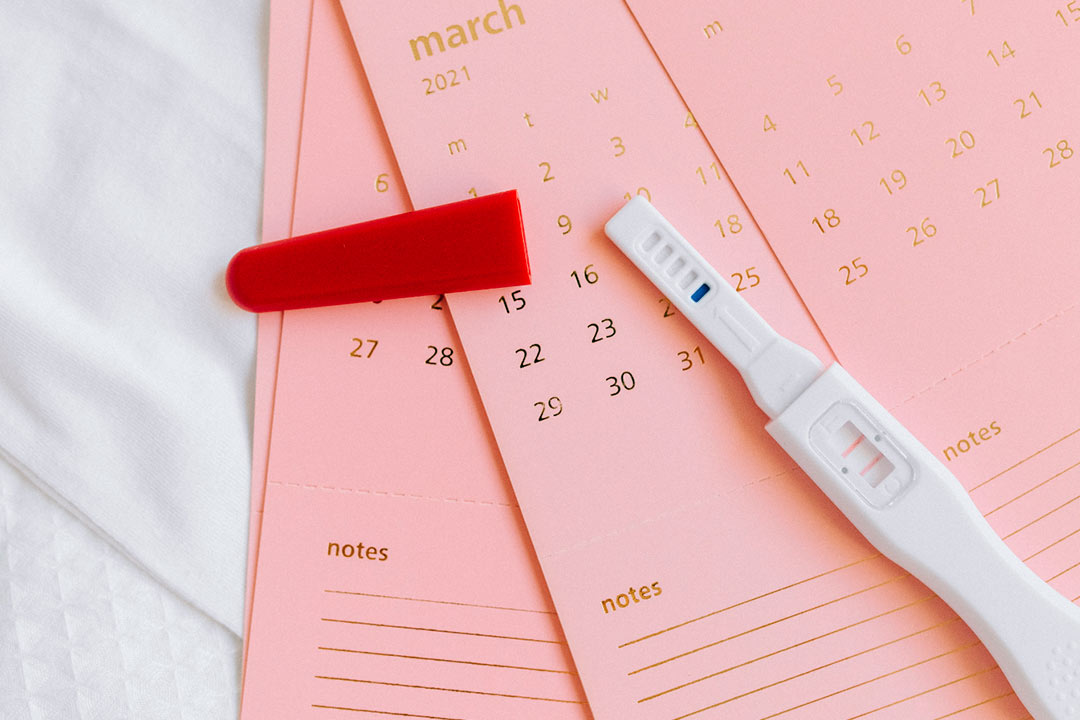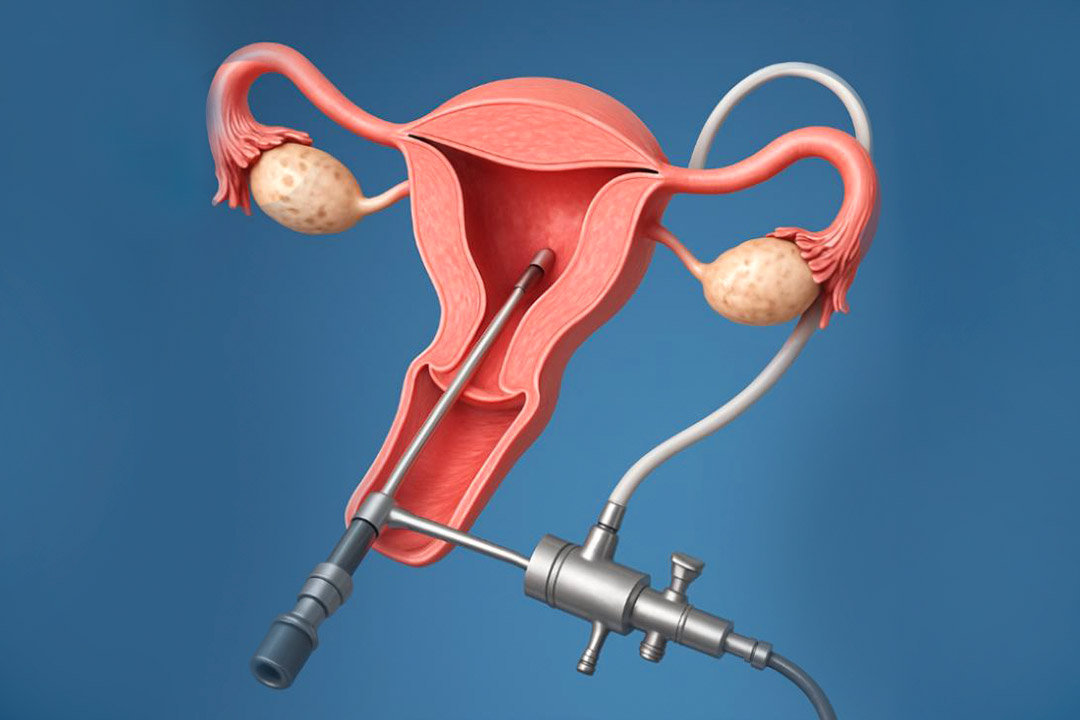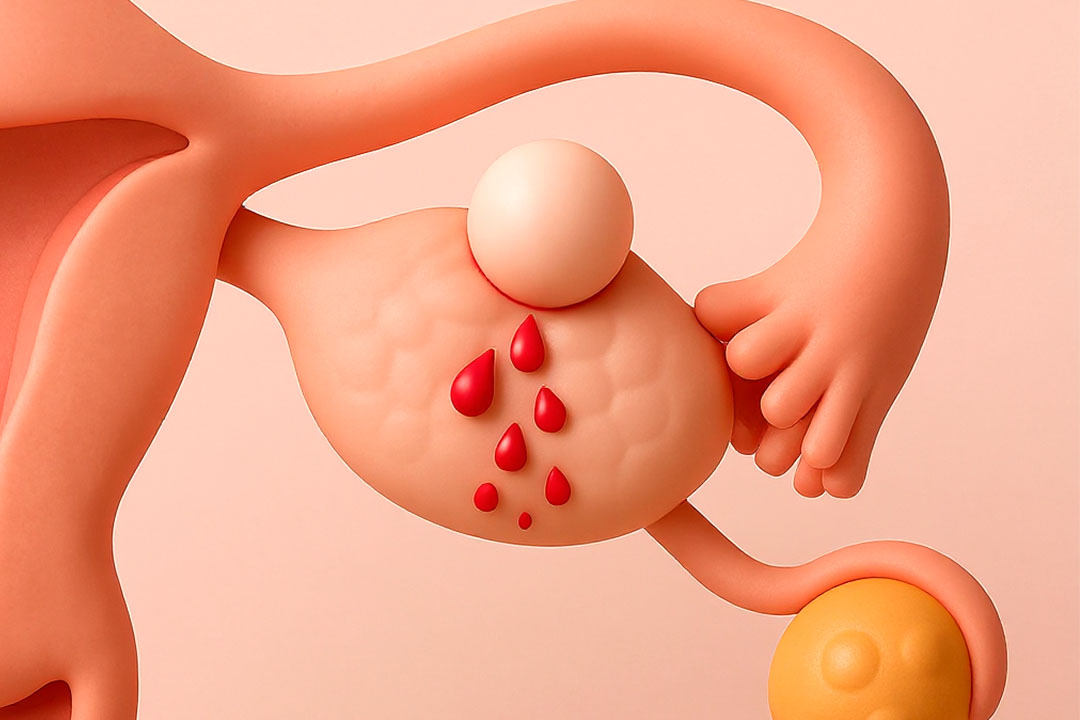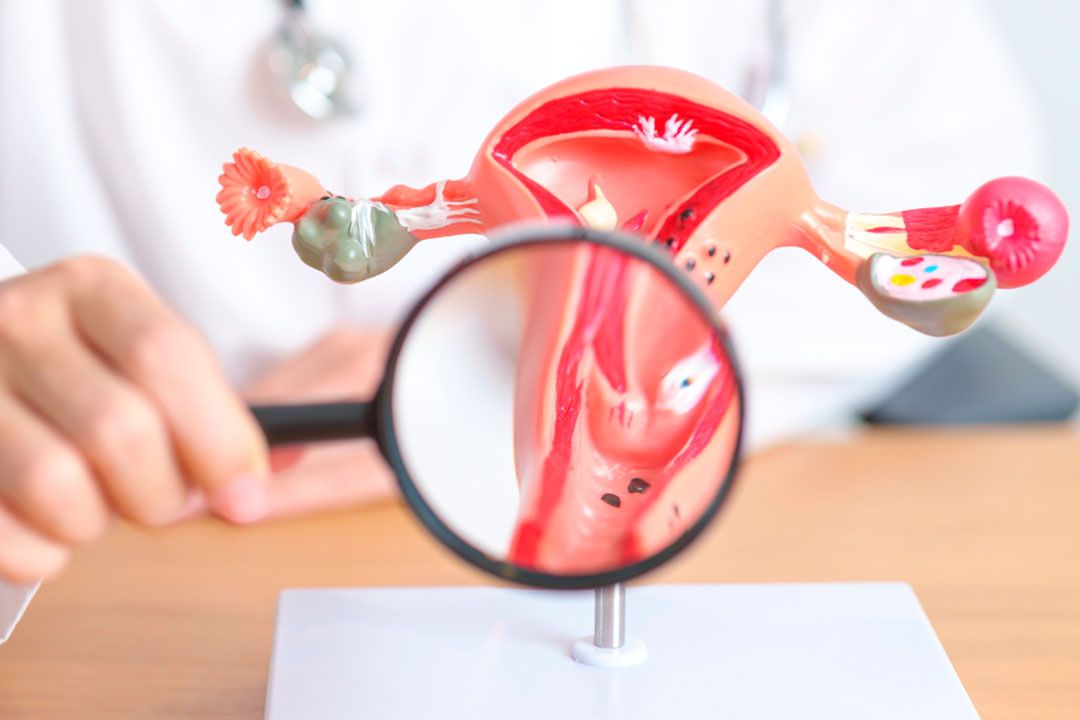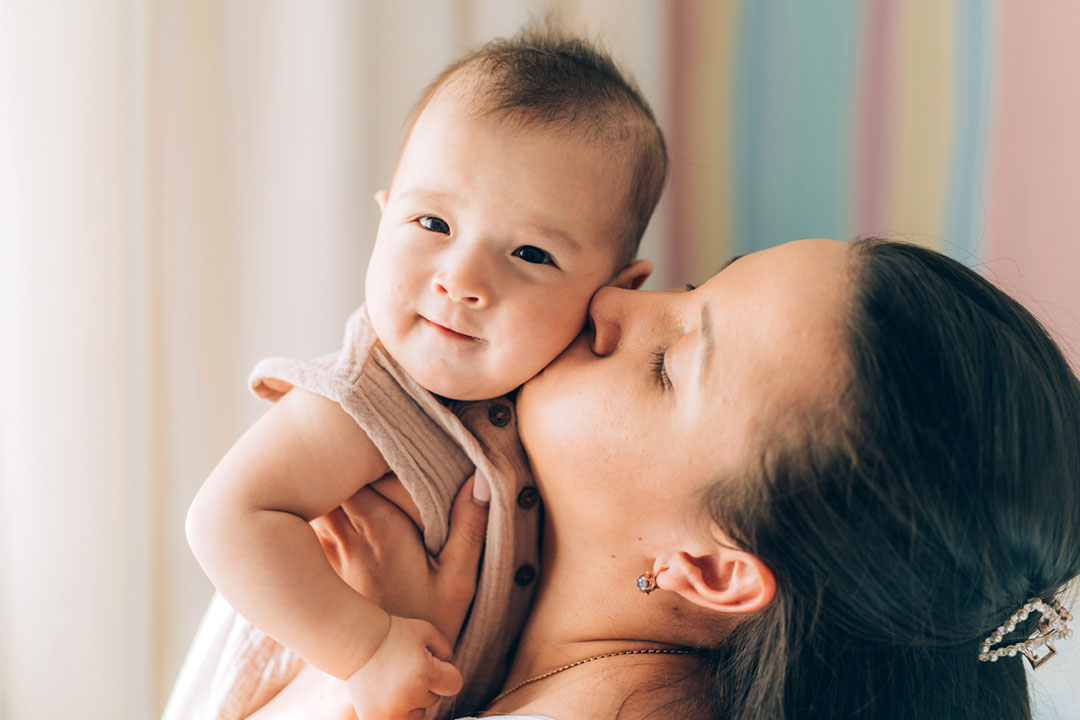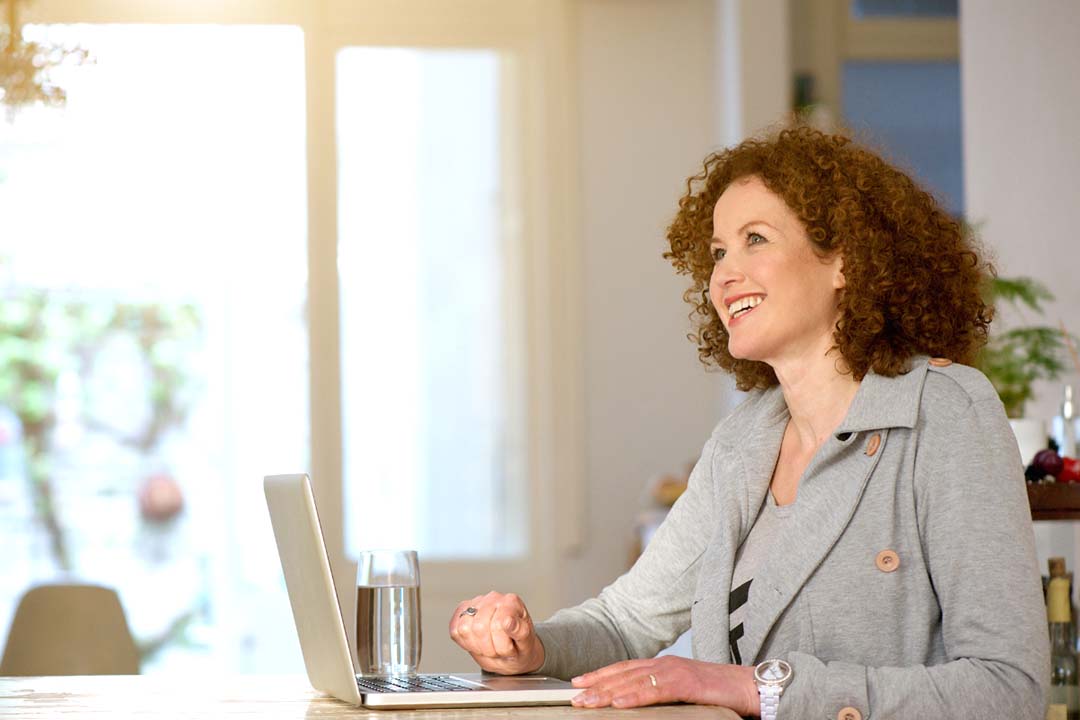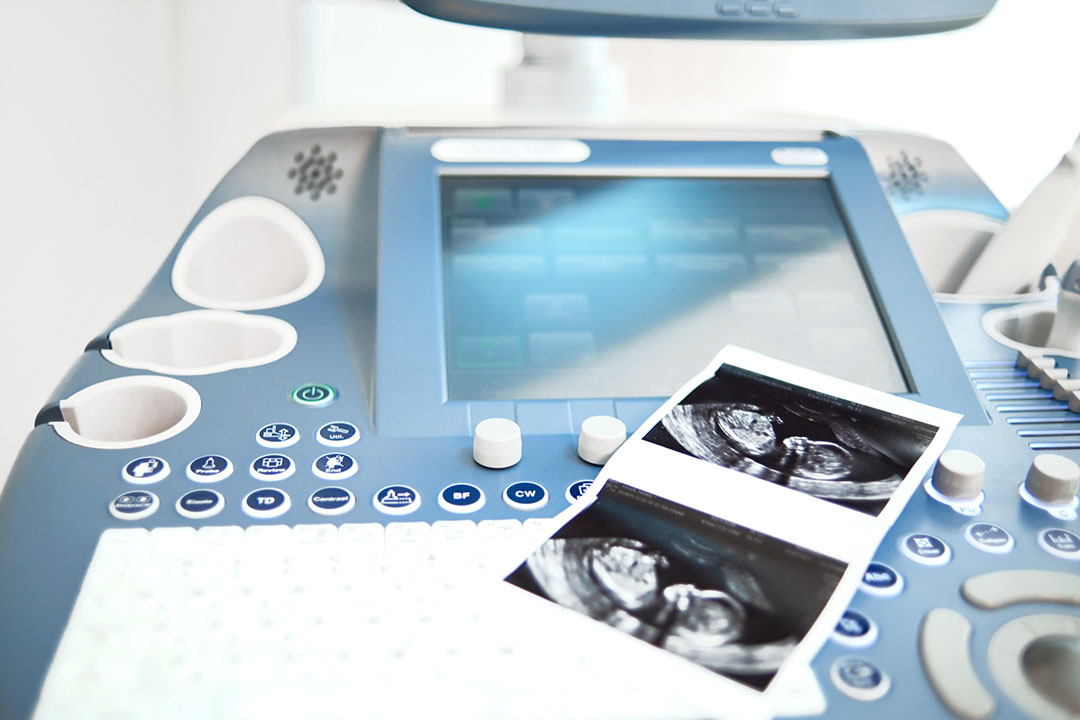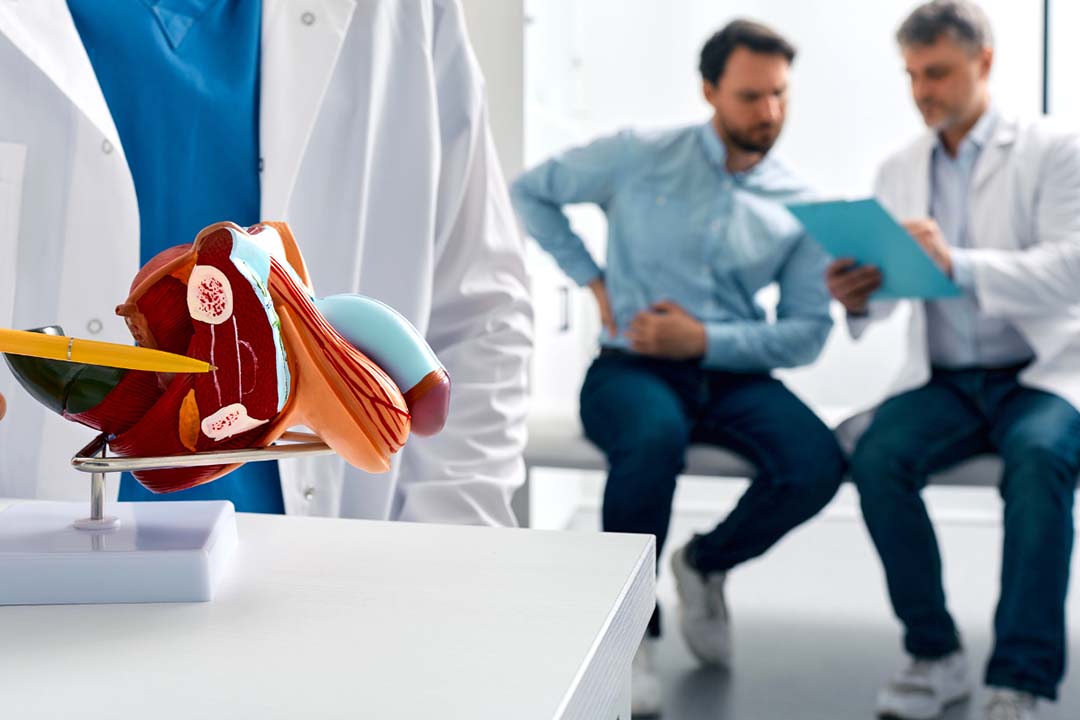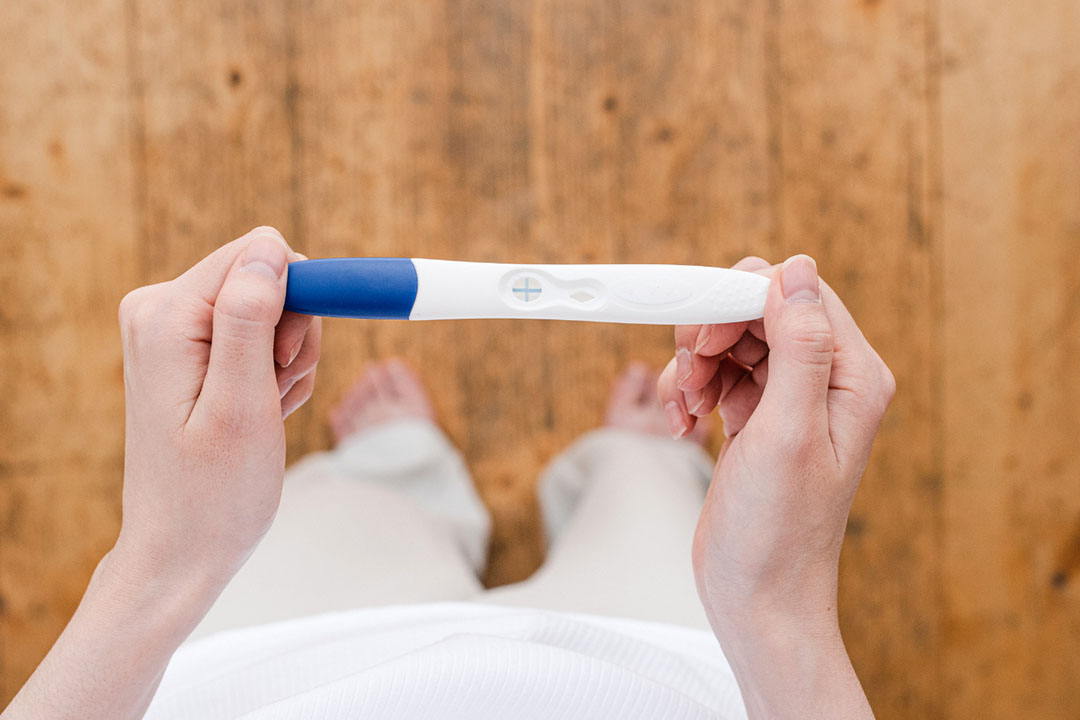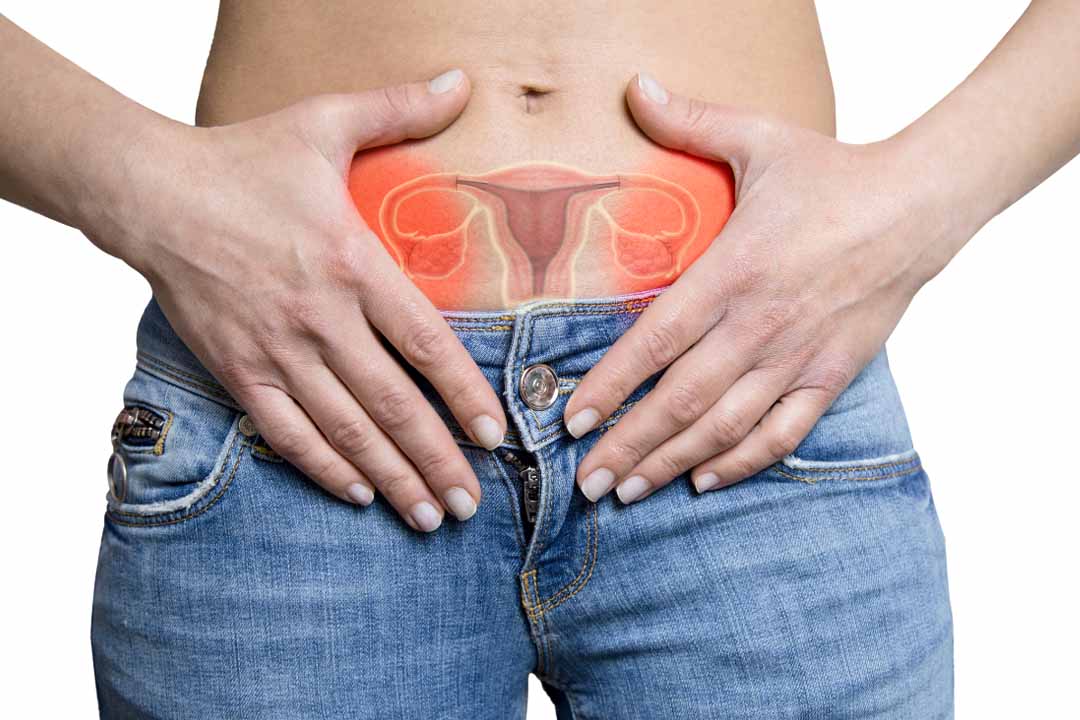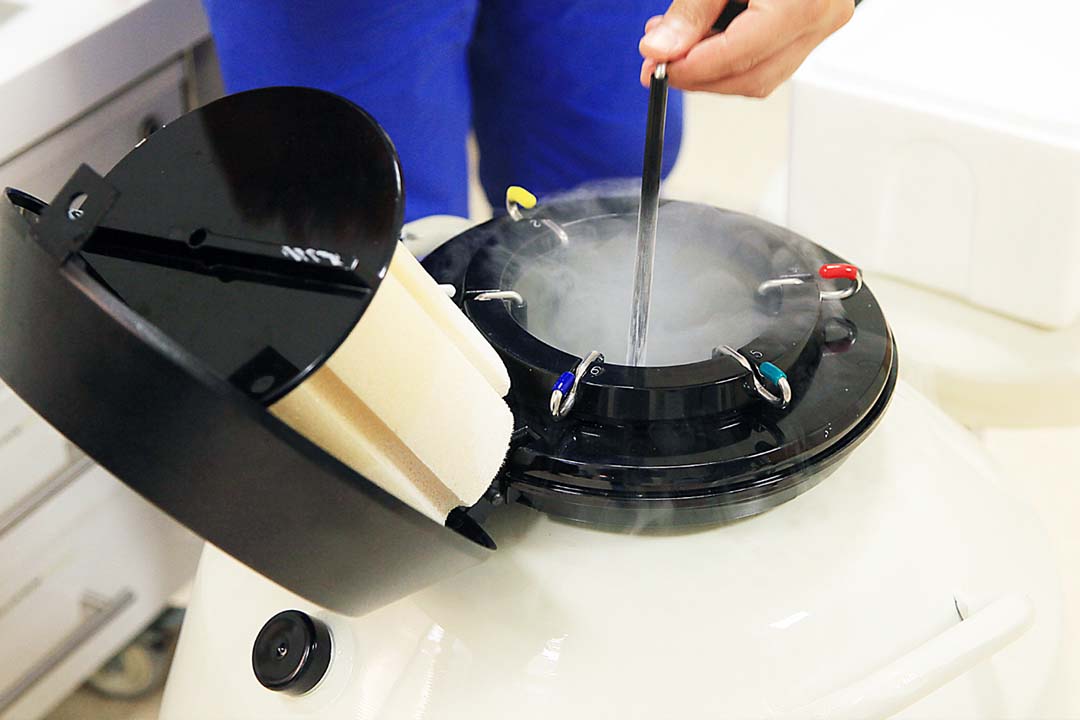Is It Safe to Climb Stairs During Pregnancy?
Pregnancy is an exciting time filled with both anticipation and challenges, and every expectant mother’s priority is to stay safe, both for herself and her baby. One question that often comes up is whether climbing stairs during pregnancy is a safe activity.
In this article, we’ll take a closer look at how safe stair climbing is when you’re expecting, share some benefits you might gain, discuss precautions you can take, and explain when it might be best to avoid stairs.
Physical Changes During Pregnancy
When you’re pregnant, your body goes through some pretty remarkable changes. As your baby grows, you might notice shifts in your body’s shape and balance, with the center of gravity moving in unexpected ways.
These shifts can affect how steady you feel on your feet and may impact your balance, especially as you progress into the later months of pregnancy. The reality is that with these changes, there’s a slightly higher risk of losing your balance or even tripping on stairs.
Is Climbing Stairs Safe During Pregnancy?
For most women who are experiencing an uncomplicated pregnancy, climbing stairs is generally considered safe. However, the answer isn’t as simple. It really depends on your balance, overall health, and even the design of the staircase you’re using. Early in your pregnancy, you might not notice much of a difference in your balance, but as your baby continues to grow, you could find that each step becomes a bit more challenging. It’s essential to listen to what your body is telling you and to move deliberately and carefully.
If your doctor has given you the green-light to continue your regular activities, there’s usually no need to stop climbing stairs. Still, it’s wise to take your time: walk slowly, make use of a sturdy handrail, and don’t rush your movements. This advice is especially useful during the later stages of pregnancy when the extra weight and shift in balance can make stair climbing a bit trickier.
The Perks of Climbing Stairs While Expecting
Staying active during pregnancy has lots of benefits, and climbing stairs can be a surprisingly effective way to keep your body moving. Here are some of the key advantages that have been highlighted by both research and health experts:
- Climbing stairs gives your heart a good workout. It increases your heart rate and helps improve blood circulation, which is great for keeping your heart in shape and potentially preventing issues like high blood pressure.
- Every time you step up, you’re working out your leg muscles and even engaging your core. Having stronger legs is particularly helpful during pregnancy as your body changes, and it can even help with overall endurance.
- Regular physical activity often leaves you feeling more energetic and can even put you in a better mood. Many expectant mothers find that a little exercise goes a long way in keeping fatigue at bay.
- There’s evidence to suggest that moderate exercise—stair climbing included—might help reduce the chances of developing pregnancy-related conditions like gestational diabetes and preeclampsia.
Taking Safety Seriously: Tips for Climbing Stairs
Even though stair climbing can be a healthy activity, your safety must always come first. Here are some practical and friendly tips to help you make sure your stair-climbing routine stays safe and enjoyable:
- Good Lighting is Key: Ensure that the area you’re using is well-lit. This simple step helps you clearly see each step, reducing the chances of a misstep.
- Always Use the Handrail: The handrail is there for a reason. As your body’s balance changes, holding on to a stable railing can really help you keep steady.
- Move Slowly and Steadily: There’s no need to hurry. Taking your time not only protects you from falls but also allows you to focus on your movement.
- Mind Your Footing: Watch out for slippery steps or any loose carpeting that might hide underfoot. Make sure each step is secure before you take it.
- Stay Focused: Try to avoid distractions when you’re climbing. Whether it’s a phone call or multitasking, your full attention should be on your steps.
- Choose the Right Shoes: Comfortable footwear with a good grip can make a huge difference. Avoid shoes that might make your footing unstable.
When It Might Be Best to Avoid Stairs
While many women can safely navigate stairs during pregnancy, there are certain situations where it might be better to take a break from climbing. Pay attention to your body and don’t hesitate to skip the stairs if you notice any warning signs. Here are a few scenarios when you might want to consider avoiding them:
- Severe or Persistent Dizziness: If you’re feeling lightheaded or unsteady, it might be a sign that your balance is off. In such cases, it’s safer to avoid stairs until you’re feeling more stable.
- Bleeding or Unusual Discomfort: Any unexpected bleeding or discomfort should be taken seriously. If you notice these symptoms, stop your activity and get in touch with your doctor.
- Pain in the Abdomen or Back: Pain in these areas during stair climbing can indicate that you’re overexerting yourself. If this happens, it’s important to pause and assess how you feel.
- Existing Medical Conditions: If you’re dealing with conditions like gestational diabetes, preeclampsia, or any other complications, your doctor might advise limiting certain physical activities—including climbing stairs.
- Excessive Fatigue: Feeling unusually tired or weak can make you more susceptible to missteps. Listen to your body, and if you’re feeling drained, it might be best to opt for a gentler form of exercise.
The Importance of Regular Check-Ups and Expert Advice
Every pregnancy is unique, and what might work for one person might not work for another. That’s why regular prenatal check-ups are so important. These visits not only allow you to monitor your baby’s growth and your own health but also offer a perfect opportunity to ask questions about your daily activities, including stair climbing.
Discussing your exercise routine with your doctor can give you personalized advice that suits your specific situation. They can help design a safe activity plan that considers the stage of your pregnancy, your overall health, and any potential risks. Taking professional guidance seriously means you can continue to enjoy physical activity with peace of mind, knowing you’re doing what’s best for both you and your baby.
It’s natural to feel a bit anxious about everyday activities when you’re pregnant, and stair climbing is no exception. Many women worry about the possibility of falling or putting extra strain on their bodies. The good news is that with a few thoughtful precautions and a little practice, you can build the confidence needed to navigate stairs safely.
Conclusion
To sum it up, climbing stairs during pregnancy can be a safe and beneficial activity when approached with care and awareness. The key benefits include improved cardiovascular health, increased strength and endurance, and an overall boost in energy—all of which are valuable during pregnancy.
However, it’s equally important to acknowledge that as your body changes, so does the way you need to approach physical activity.
Always ensure that you have a well-lit, secure pathway, use the handrail, and take your time with each step. If you ever feel any discomfort, pain, or unusual symptoms, it’s wise to pause and consult with your healthcare provider immediately.
Regular check-ups and professional guidance are critical to adapting your exercise routine to your evolving needs during pregnancy.
About Us
AKsigen IVF is a premier center for advanced fertility treatments, with renowned fertility experts on our team. Specializing in IVF, ICSI, egg freezing, and other cutting-edge reproductive technologies, AKsigen IVF is committed to helping couples achieve their dream of parenthood. With personalized care and a patient-first approach, AKsigen IVF provides comprehensive fertility solutions under one roof.













